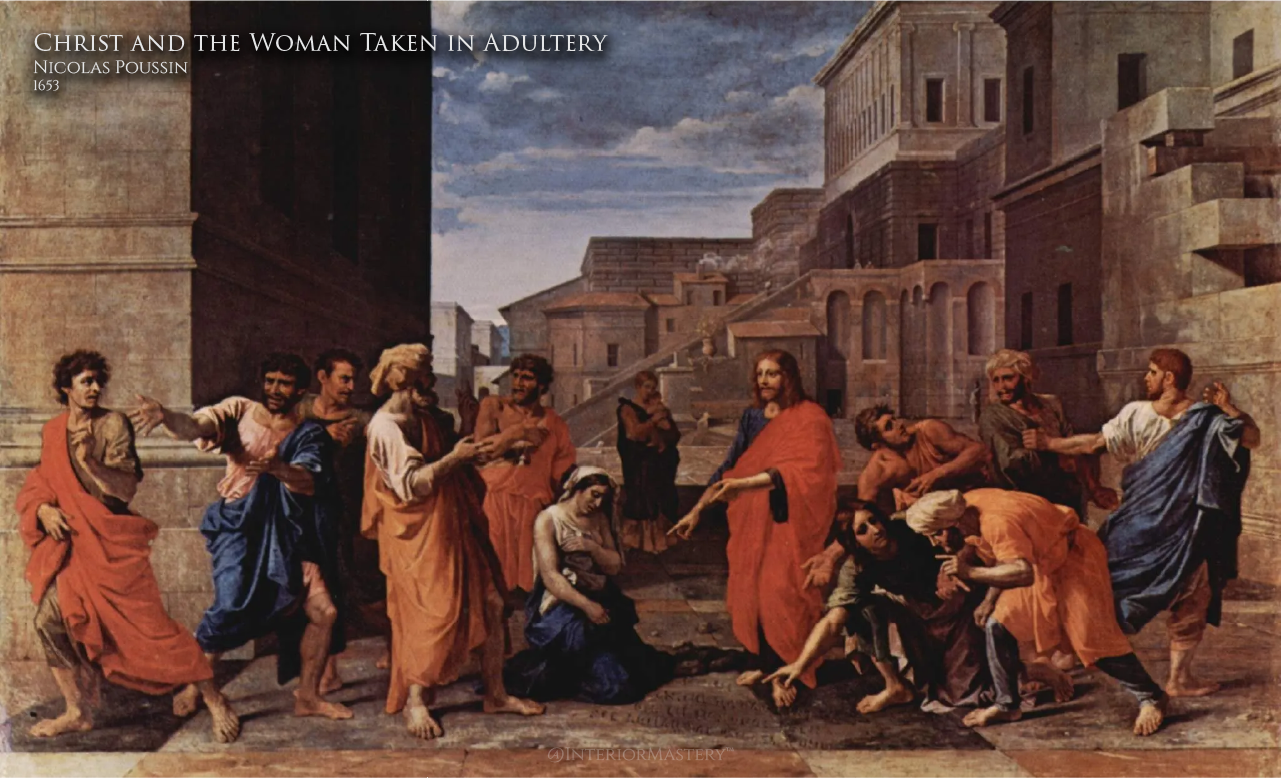The Trap of Judging Others
How To Guard Against Disordered Self-Regard
Judging others harshly is a sign of holding yourself in too high a regard.
It's unpopular today to say that self-love breeds evil in our hearts. But when this is disordered, it does us more harm than we realize.
Here's how to guard against this inclination.
Properly ordered self-love is what moves us to seek God, resist sin, and care for our soul. When it becomes disordered, it puts the self above God and others. Many don't make that distinction... but we must, or we’ll create a breeding ground for cancerous pride.
When we regard ourselves too highly, we make ourselves the standard of virtue. When others fall short, we instinctively measure them against ourselves. We begin to look at them from a superior position. We think we are far from the shortcomings we observe in others.
Each time we judge, pride grows and our enemy seizes the opportunity. He makes us more aware of what others say and do. He prompts us to presume their intentions. We form an opinion which is usually not charitable but often exaggerated.
We perceive these thoughts as our own, not realizing that our enemy is planting the seed and fanning the flames. We assume we know the full picture of others' actions, but God alone sees the heart and every hidden motive.
External faults often mask interior battles or unseen virtues. You’d likely ask for mercy if you saw the whole truth. When a fault of another is presented to you, cast it off immediately so it cannot take root. Instead, consider all the good qualities that person may have.
Acknowledge that you hold no authority to judge and recognize that if you assume this authority, you subject yourself to the same measure of judgment before God. Never forget your own evil inclinations and worthlessness.
When you are sufficiently aware of these, you will have your hands full with healing yourself and no time to dwell on the faults of others. If you do happen to harshly condemn someone, know this is a sign that the same evil has some root in your own heart.
So, when you're tempted to judge another, turn that judgment inward. Say to yourself, “How can I condemn them, when I am or could become guilty of worse?” This humility kills pride. It wounds no one but exposes your need for grace and opens a path for you to receive it.
If a fault is publicly known, examine the root so that you may guard against this or provide charitable correction. Consider that the person may have many hidden virtues, and that God might be protecting them from a more deadly pride by allowing them to fall in this instance.
This failure may be a refining fire for something greater. Rather than condemning them, think how this trial might be God's greater mercy at work in their lives. Let this stir compassion in you and silence any desire to exalt yourself over them.
Even if someone's sin is great and they remain blatantly unrepentant, still don’t judge. Leave it to the perfect justice and mercy of God. Remember that many great sinners have repented and became saints. While some that were once holy have fallen far from grace.
Guard yourself well. Judging others will lead to your fall. Be more concerned for the faults in your own soul than in theirs. Be aware that every kind thought about another is from the Holy Spirit and e
very harsh word is from your flesh and the devil, the great accuser.
When tempted to condemn, don’t rest until you’ve cast it out and reconciled in charity. Then see if you can't count the blessings you receive and the good fruit that it bears.







